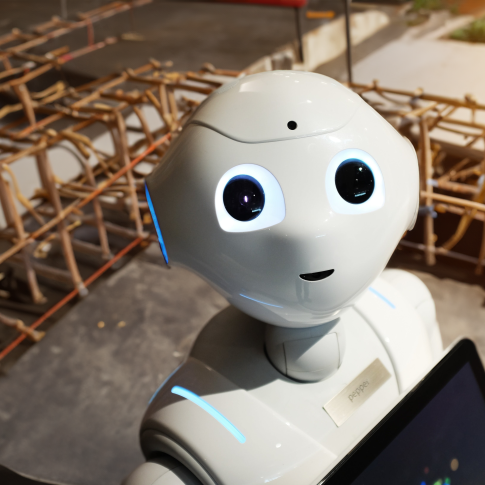What do robots & autonomous construction sites mean for plant workshops and engineers?

Autonomous construction sites aren’t that far away anymore and there are a lot of highly valid reasons behind the drive to make it a reality:
- Less human casualties
- Higher precision
- Clear data use
- Higher efficiency
- Continue working around the clock
What could autonomous construction sites mean for engineers and service teams?
In some ways, it wouldn’t make that much difference. The machines would be different, so it would just be like learning how to service a machine you’ve never seen before – figuring out what fixes what.
If a machine breaks down, you’ll most likely need to physically go to the machine to sort out the issue if there aren’t as many people on site anyway. Obviously, that could make it trickier to plan which parts/equipment will be needed, so the process for machine services will most likely need to adapt.
Just like on any site today, if a machine breaks down it could cause a holdup to other areas or site stages. If a site was autonomous, service and maintenance teams would need to figure out a way of getting a heads up on any issues before they slow down the progress too significantly.
Overall, we would say autonomous construction sites are not an issue. Adaptions to the way we think about servicing and maintaining the equipment could be needed, but it’s unlikely to impact the performance of the supporting teams.
